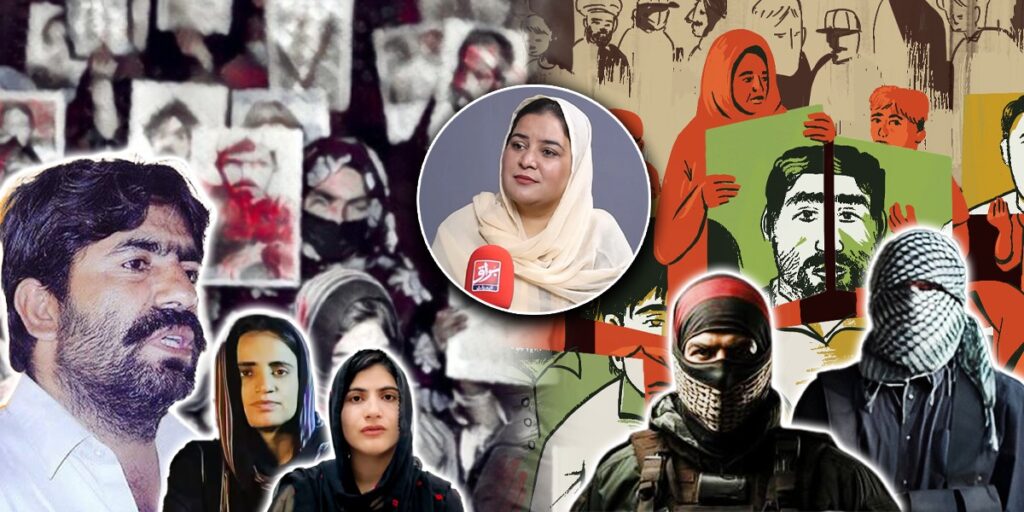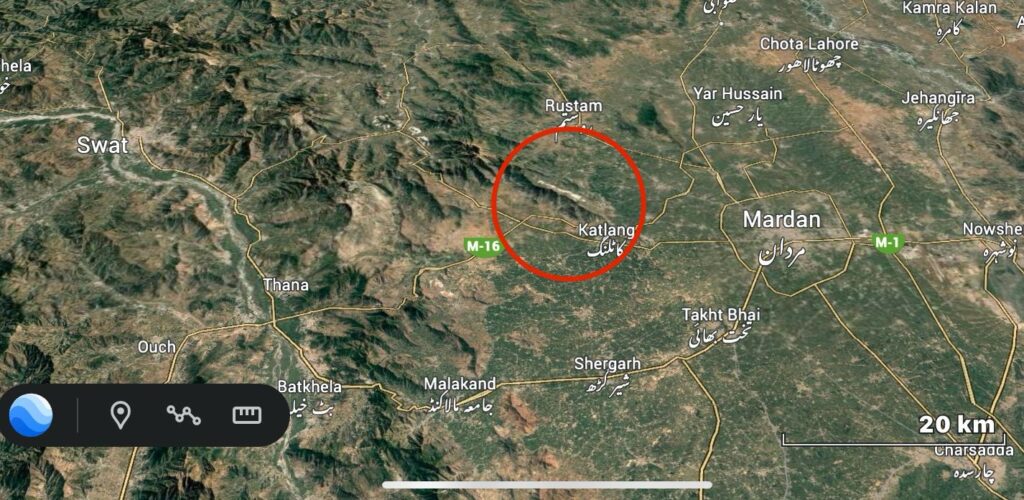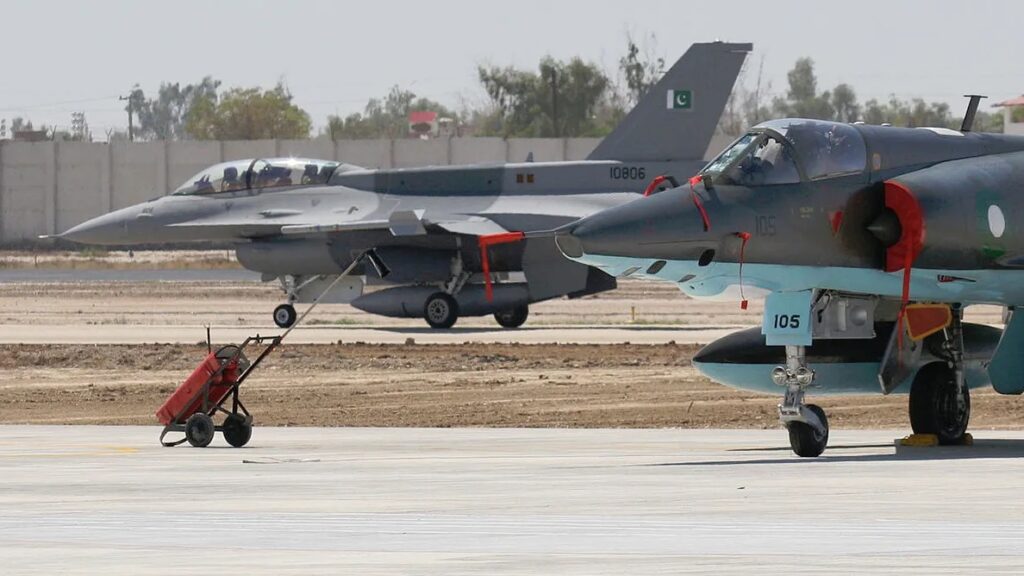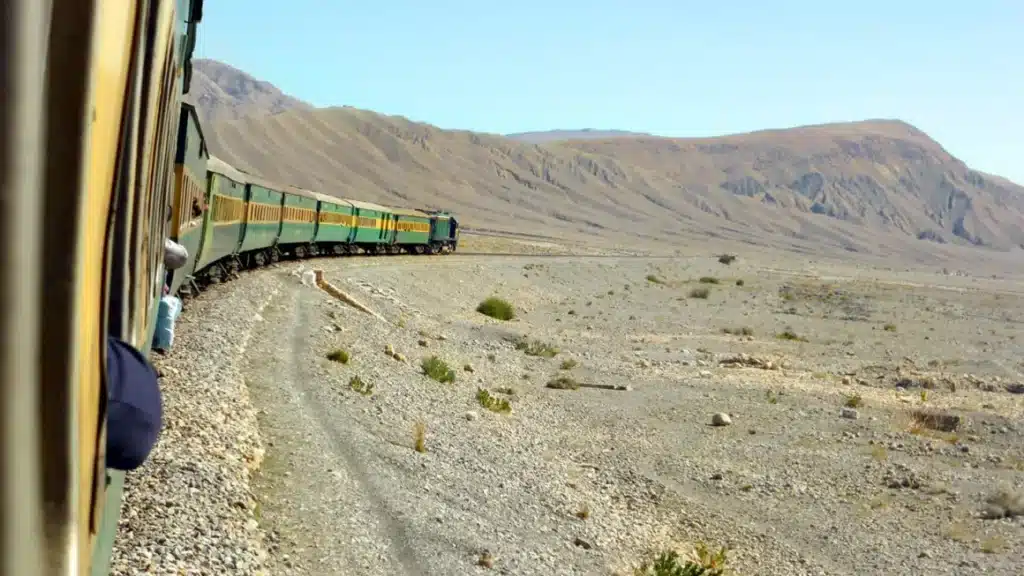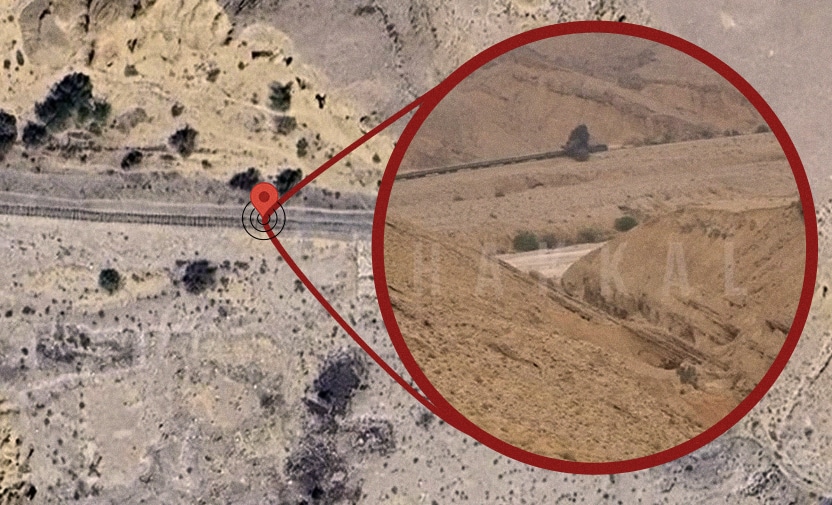By: Salma Khan
For years, the narrative of missing persons has been weaponized to malign the state and mislead the world about Balochistan. As someone who has closely observed this issue and engaged with facts on the ground, I feel compelled to speak plainly: many of these so-called “disappearances” are carefully staged dramas—scripted and funded to serve political propaganda rather than justice or truth.
Take the recent case of Dr. Deen Muhammad. His daughter, Sumaiya Deen, held a seminar in Karachi to highlight her father’s so-called enforced disappearance. But the question is: why not hold it in Balochistan if the people of the province truly supported this cause? The truth is, even after an aggressive publicity campaign, the event barely drew twenty people, most of them local media representatives. The empty chairs in the hall spoke louder than the speeches.
And ironically, while the daughter mourns her father’s “disappearance,” photos have emerged showing Dr. Deen Muhammad alive and well—eating meals, sitting in the mountains, accompanied by individuals known to be linked to banned separatist groups. How can someone be missing if they’re visibly present in multiple images? It’s all too familiar: the same tired script, the same recycled accusations against the state, the same performance for social media.
If there is genuine concern for his return, why not engage with those hiding him in the mountains? If Dr. Deen Muhammad no longer supports their agenda, why not negotiate for his safe return? Or are they afraid he might speak the truth and dismantle their carefully crafted narrative?
We’ve seen what happens to those who resist these separatist outfits. Young people like Ali Hasan, who bravely stood up and refused to be part of their militant agenda, were silenced—permanently. That’s the danger the people of Balochistan truly face: not from the state, but from those who exploit our pain for political mileage.
Another layer of this deception is how certain political actors distort initiatives meant for Balochistan’s development. The recently introduced Mines and Minerals Bill is a milestone for resource development and provincial autonomy. Yet, it’s being opposed by the same old political figures and so-called nationalists who have lost relevance. These individuals protest not because the bill harms Balochistan, but because it threatens their monopoly over the anti-state narrative. For them, progress is poison.
Let me be clear: this bill is entirely in favor of the Baloch people. Under the 18th Amendment, the province already holds rights over its resources, and this legislation only ensures better execution and local employment in mining projects like Reko Diq and Saindak. But without federal cooperation—without refineries, skilled manpower, and infrastructure—we cannot transform our mineral wealth into economic strength. The federation is not an oppressor in this context; it is a partner.
Yet, some leaders would rather storm out of assemblies, hurl abuses, and issue hollow threats of court challenges. They stir chaos, not because they care about the people, but because they fear becoming irrelevant in a prosperous, politically aware Balochistan.
As for those like Akhtar Mengal, if they choose to echo the talking points of anti-state networks like “Fitna al-Hindustan,” they must be ready to face law of the land. Their social media campaigns and statements no longer go unanswered. The people are waking up.
Also Read: Missing persons and manufactured narratives
Let’s stop pretending that every story wrapped in victimhood is rooted in truth. It’s time to confront the lies, expose the networks exploiting our land and youth, and move forward with dignity and development. Balochistan deserves better—and it begins with honesty.

